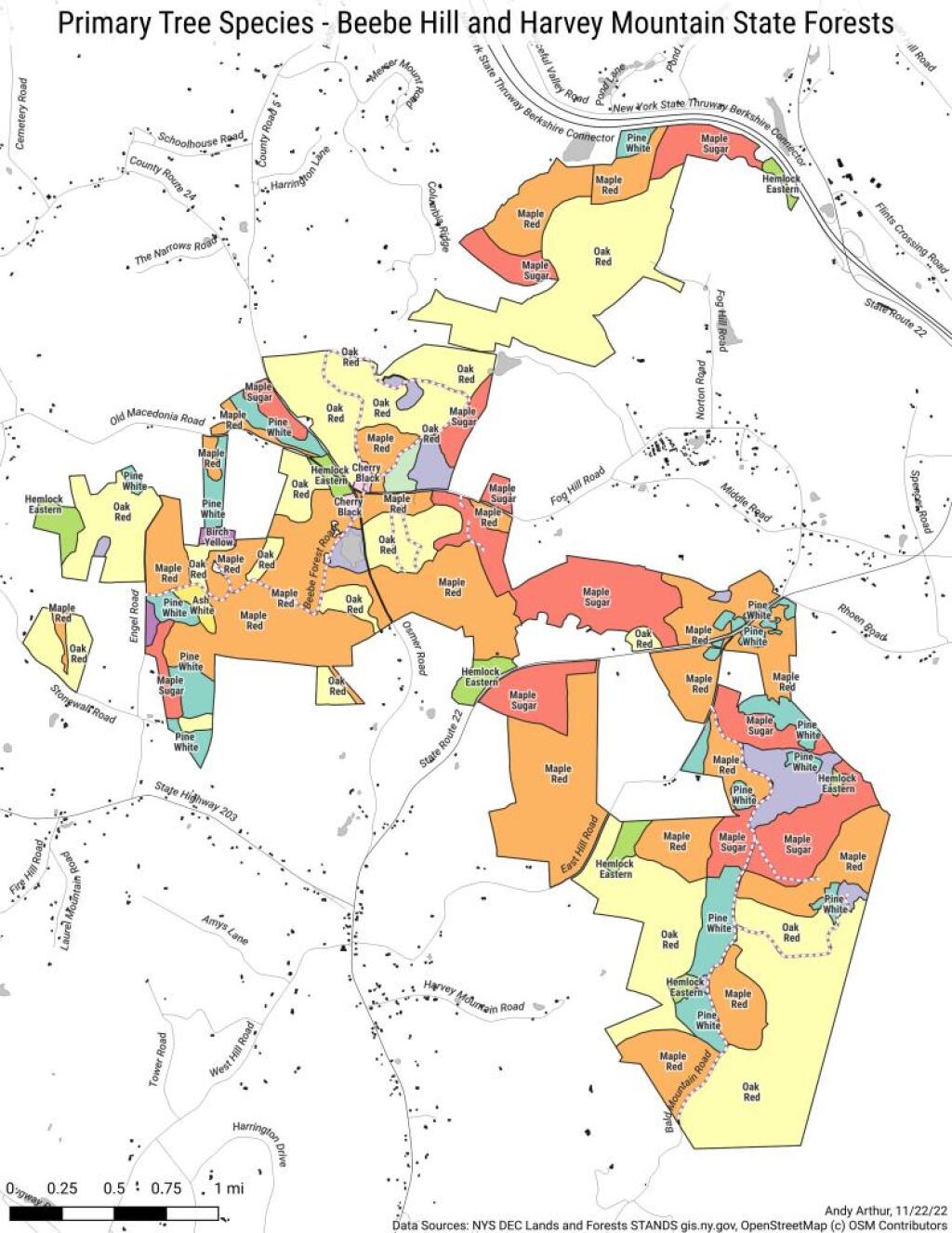China’s recycling ban has sent America’s plastic to Malaysia. Now they don’t want it – CNN
China’s recycling ban has sent America’s plastic to Malaysia. Now they don’t want it – CNN
Dozens of laborers and factory operators sit hand-cuffed in rows on the pavement at an industrial park in Malaysia. They've been detained in a government raid on unlicensed plastic recyclers as the country seeks to curb a growing illicit industry. "It's illegal," said Yeo Bee Yin, Malaysia's Minister of Energy, Science, Technology, Environment and Climate Change, who attended the raid and had invited journalists to watch. Sources of plastic waste imports into China in 2016 and cumulative plastic waste export tonnage (in million MT) in 1988--2016. Sources of plastic waste imports into China in 2016 and cumulative plastic waste export tonnage (in million MT) in 1988--2016. Expand the map "It's against the Environmental Quality Act because they do not have licenses and they are polluting."
Malaysia is cracking down on opportunists who are trying to cash-in on China's decision last year to ban plastic waste imports. Since July 2018, officials have shut down at least 148 unlicensed plastic recycling factories -- but have only pressed charges against a handful of suspects. Much of the waste comes from countries outside Malaysia, including the US, which angers Yeo who says wealthy nations shouldn't be using her country as a trash dump. "I will take care of my own rubbish," she says. "You should take care of yours."

